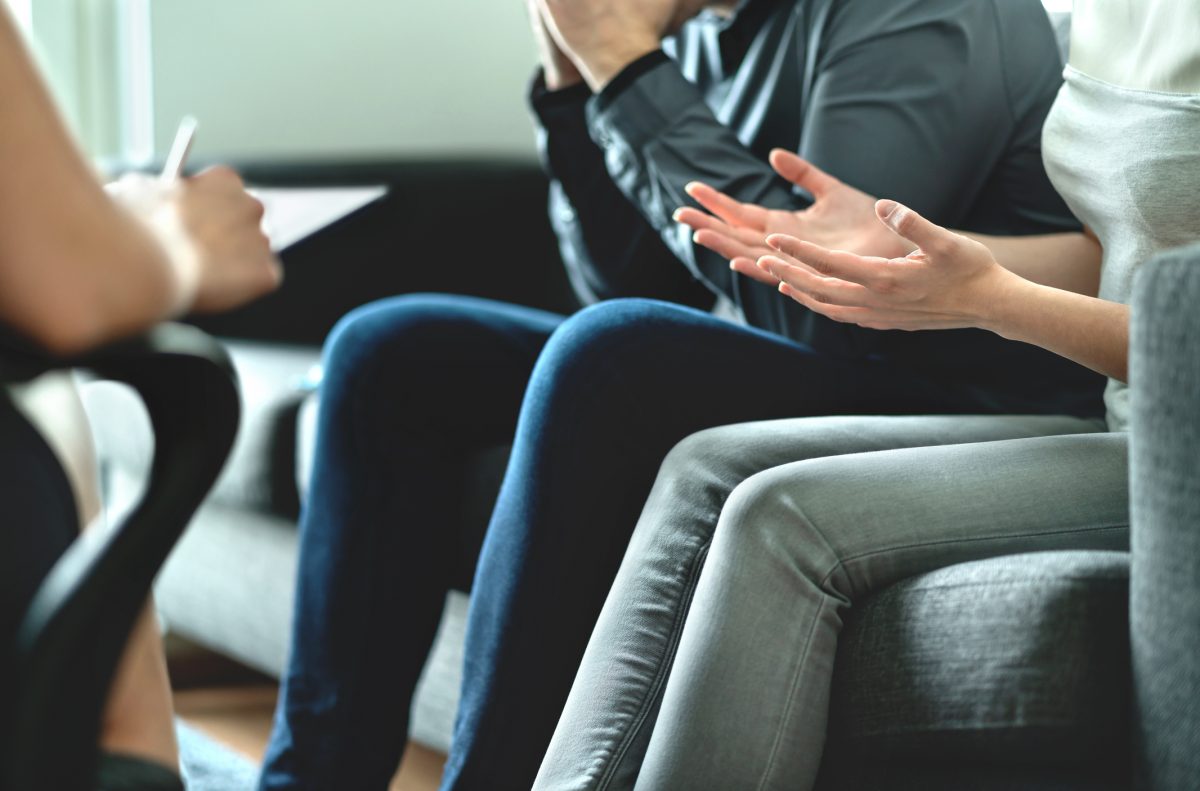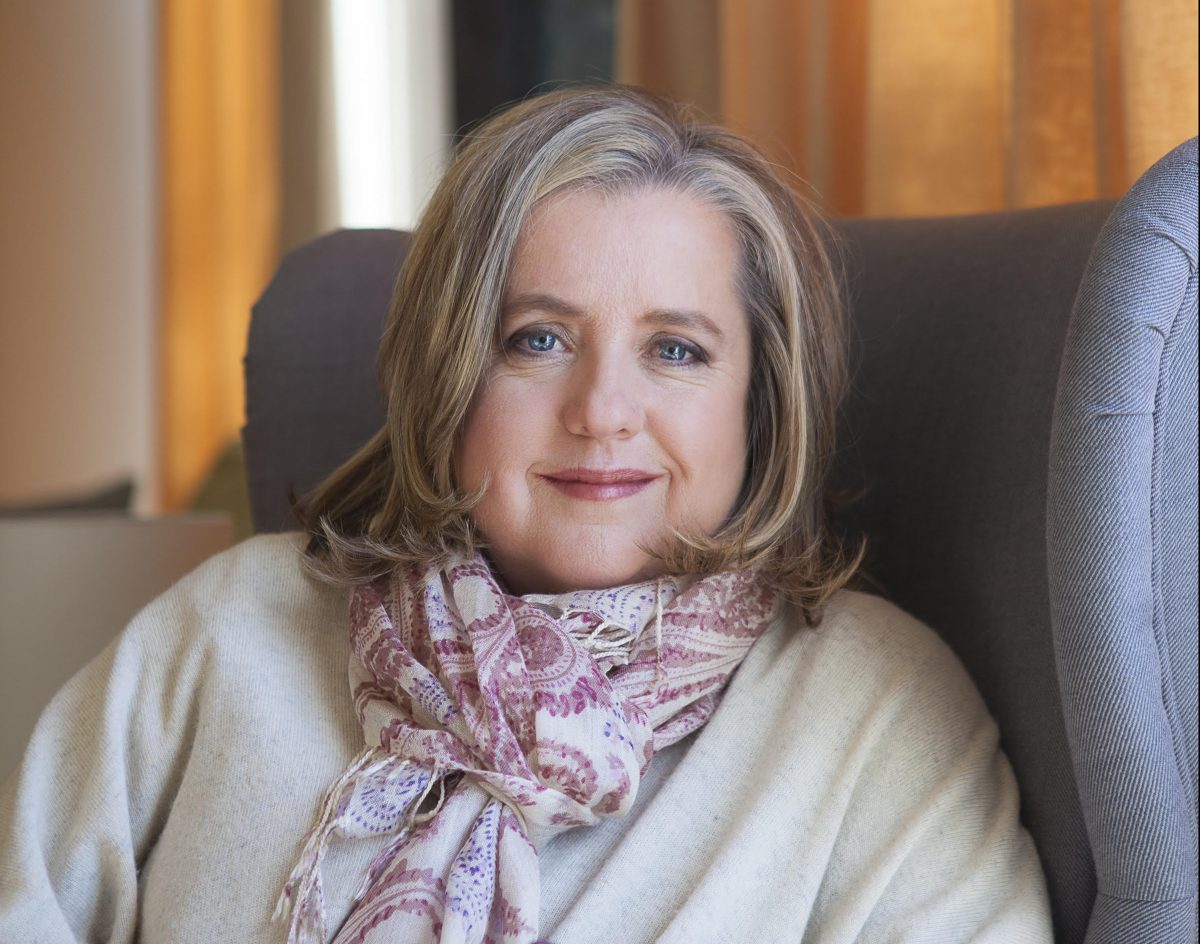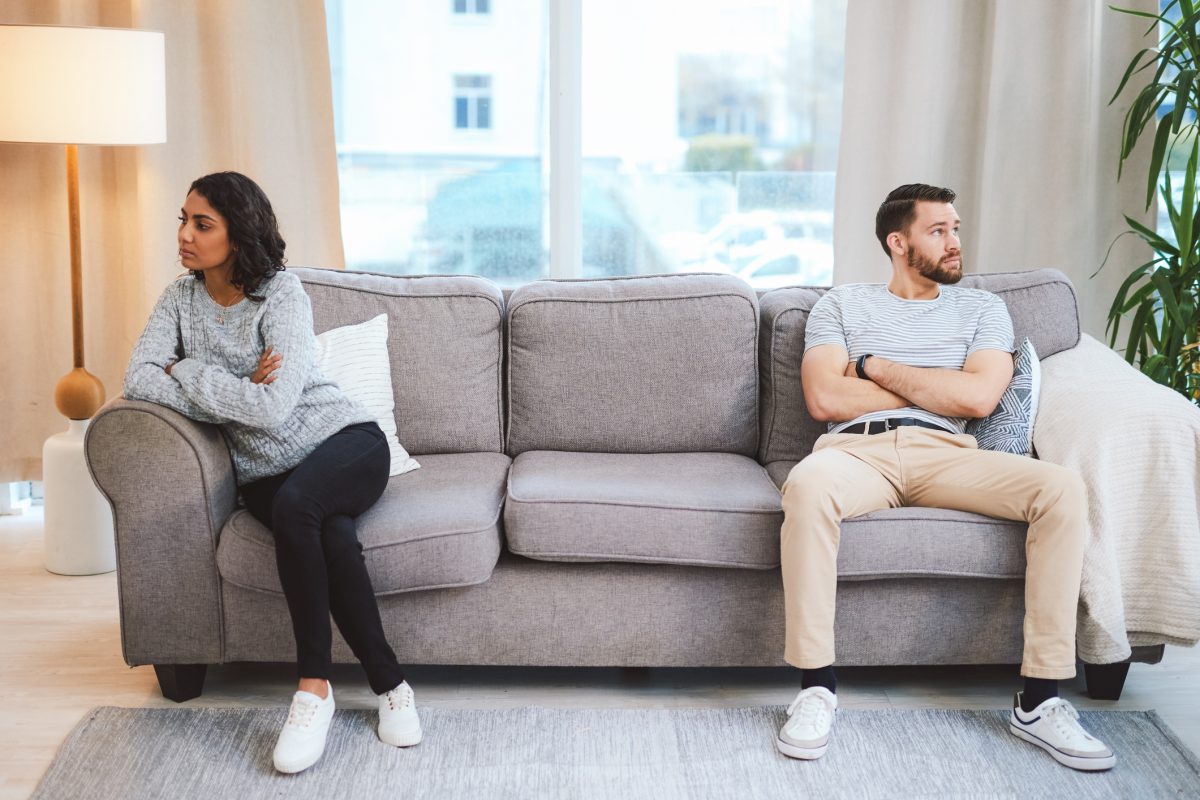
You don’t need to be on the edge of divorce to benefit from couples therapy. Photo: Tero Vesalainen.
In her years working as a mediator, one pattern Janine Moran noticed in separated couples troubled her greatly.
“I would come across couples all the time who still loved each other but couldn’t get out of these terrible patterns and cycles of conflict,” she said.
“They were splitting not because the love was gone but because they couldn’t figure out how to get what they needed from each other.
“It’s an incredibly sad thing to witness.”
Janine retrained in relationship counselling and ran a one-woman practice in Griffith for six years.
During this time she immersed herself in further training and education and became highly proficient in couples-specific support. She increasingly found she could effectively help couples who had previously been told their relationship was beyond repair.
Wanting to reach more distressed couples, Janine opened You, Me & Us (YMU) in 2020 – a relationship counselling and mediation centre in Manuka where nine specially trained therapists employ a number of methods including Emotionally-Focused Couples Therapy (EFCT).
Highly regarded internationally, EFCT is an evidence-based approach founded on the latest attachment and neuroscience knowledge. It can improve 90 per cent of relationships by helping couples identify the triggers and perceptions that draw them into negative patterns with each other.

Director, relationship counsellor and mediator at You, Me & Us, Janine Moran. Photo: YMU.
“We all have coping strategies in life; they can stem from childhood, or a trauma, or earlier love relationship” Janine said.
“When we’re distressed or dysregulated, some of us get edgy or angry and ‘dial up’ and want to talk it out. Others ‘dial down’, go quiet and process emotions internally.
“When we put our different coping strategies into play side-by-side – as happens with couples – we bump into each other.
“This means for example a dial-up person can be viewed as a troublemaker who gets blamey and naggy, which can trigger a dial-down person to withdraw and shut down.
“So in moments of distress, the responses they each need from each other, in order to be soothed and stay close, are unavailable.”
It’s a common misconception that couples therapy is for relationships “in trouble”. In reality, Janine said any couple who felt they could be closer could benefit.
She said dial-up people were often emotional “pursuers” and dial-down people often emotional “withdrawers”. While love often spurred couples to bury seemingly minor disagreements, they risked reaching a stage of hopelessness where a pursuer eventually burned out and stopped pursuing, or a withdrawer concluded they would never get it right or be enough.
“Hundreds of those interactions lay down on top of each other, one person reaches their threshold first and they switch off,” Janine said.
“That’s very hard to come back from.
“My clients are not necessarily people on the verge of divorce but they have these moments where they get completely lost in this terrible, painful place and they don’t understand each other.”

Relationship counselling can help couples reach a place where they feel emotionally safe, loved and connected. Photo: Moyo Studio.
The business name – You, Me & Us – comes from a combination of the two clients in the room who, together, form a third client – the couple. The “Us” describes the dynamic between a couple that can take on a life of its own and dictate the direction of the relationship – either closer and closer in a positive dynamic or further away when a negative dynamic takes hold.
YMU therapists have been trained in combinations of EMCT, the Gottman Method, Family Therapy, Schema Therapy for Couples, EMDR and AEDP – the latter two modalities being particularly helpful for couples affected by trauma.
For highly private, time-poor, interstate or remote clients, YMU offers online Zoom sessions.
To inquire about mediation, counselling or any of its services, or to make an appointment, contact YMU.












